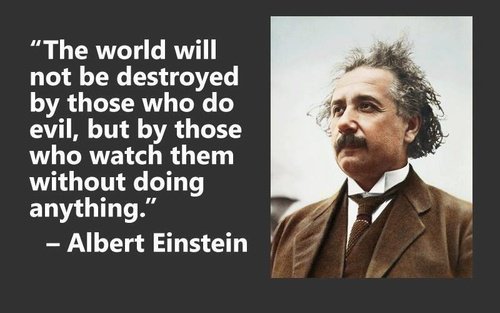Funding application for the #OMN (Open Media Networking) project, an innovative initiative to revolutionize the landscape of media and communication. The project address the limitations and challenges posed by centralized social networks by developing an interconnected network that empowers people, fosters innovation, and promotes openness and decentralization.
What do you think about/Have you heard about project X? We are always interested in learning about other projects that aim to address similar challenges in the media landscape. Collaboration and cooperation are crucial in achieving the collective goal of creating a better internet and society.
Who are your competitors? While established networks like Facebook, Youtube, and Twitter are perceived as competitors, we view them as irrelevant, techshit to be composted. Cooperation partners are other decentralization efforts such as #ActivityPub etc. are also projects we aim to reach compatibility with.
How will you attract your first users? We plan to attract our first crew through various strategies, including leveraging the advantages of our system, collaborating with “content creators” and “influencers”, fostering change and linking, through leveraging our network of contacts.
Which programming language do you use? Our team has primarily engaged with the XXXX framework. However, we plan to explore existing open-source solutions in social networking to ensure compatibility with various technologies.
Who are potential users? Potential users of #OMN include social activists, frustrated users overwhelmed with managing multiple accounts, power users seeking greater control over their online presence, content creators and journalists, users with specific needs, decentralization enthusiasts, and anyone interested in an alternative to centralized networks.
How does #OMN make the internet more awesome? #OMN empowers people by offering them the freedom to choose their networks and applications freely, fostering fairness, promoting independent media, fostering creativity, and enhancing the peoples experience.
What are you building? We are building a new media experience that allows people to interact with different networks and applications seamlessly, offering greater flexibility and control over their society and local communertys.
Why do you want to bring micropayments to social media? Microgifts are essential for supporting community creators and networks, empowering people to support those they trust and enjoy with minimal effort.
What are the goals of #OMN? The goals of #OMN are to empower people and communertys, foster effectiveness in competition to #mainstreaming “common sense”, promote independent media, and enhance change and challenge in the communication space.
What does success look like? Success for #OMN includes the development of a working prototype, collaboration with various networks and applications, and widespread adoption of the #openweb “native” #OMN protocol and working practices as an internet/social standard.
What are the key deliverables of the prototyping phase? The key deliverables of the prototyping phase include the development of the #OMN #p2p client, User self-hosting, and Networks & Network Server prototypes, along with detailed documentation for developers and communertys.
Who will do the work? Our team, consisting of dedicated people committed to the vision of the #openweb, will primarily handle the work. With funding available, we plan to expand the team to expedite the prototyping phase.
What needs to be done now? We need funding support to commence the development of the prototype and advance the #OMN project to the next stage. This includes development, coordination, collaboration, and public outreach efforts.
How are you licensing any software or documentation you produce? We intend to make all our software openly available, encouraging collaboration and innovation in the open-source community.
How do you communicate publicly about your work? We communicate publicly through various channels, including videos, direct outreach to journalists and content creators, and engagement on media platforms like Mastodon and the #dotcons.
What do you hope to learn during the project? Throughout the project, we hope to learn about community project coordination, software collaboration, public outreach, software technologies, and other relevant fields, ultimately contributing to peoples growth and success.
What happens to #OMN if it does not get funded? If #OMN does not receive funding, we will continue our efforts to raise awareness and support for the project, confident in its value and potential impact on the communication landscape.
Thank you for considering our funding application for the #OMN project. We are excited about the opportunity to bring this “native” #openweb vision to life and look forward to the possibility of collaborating with you.

